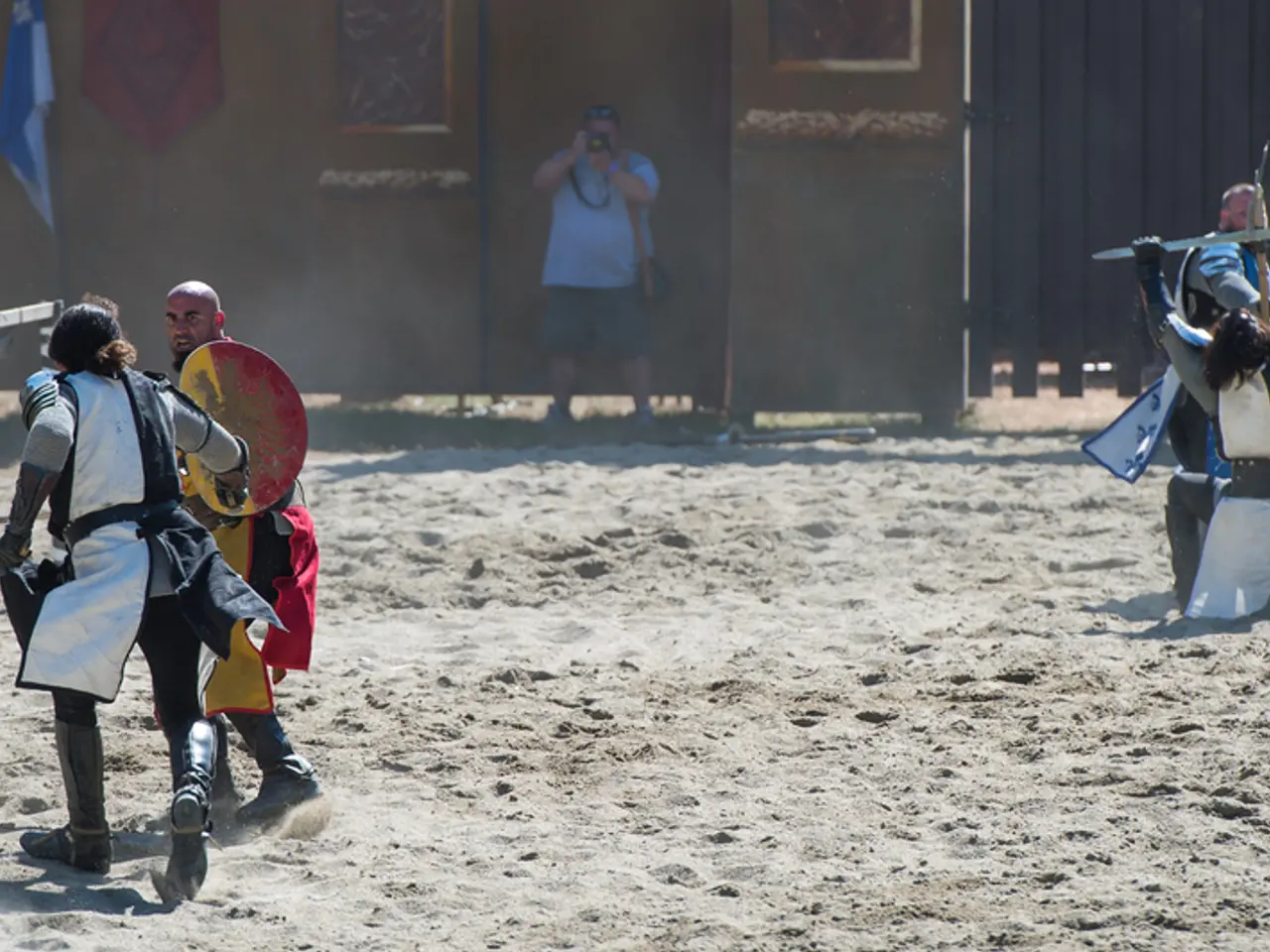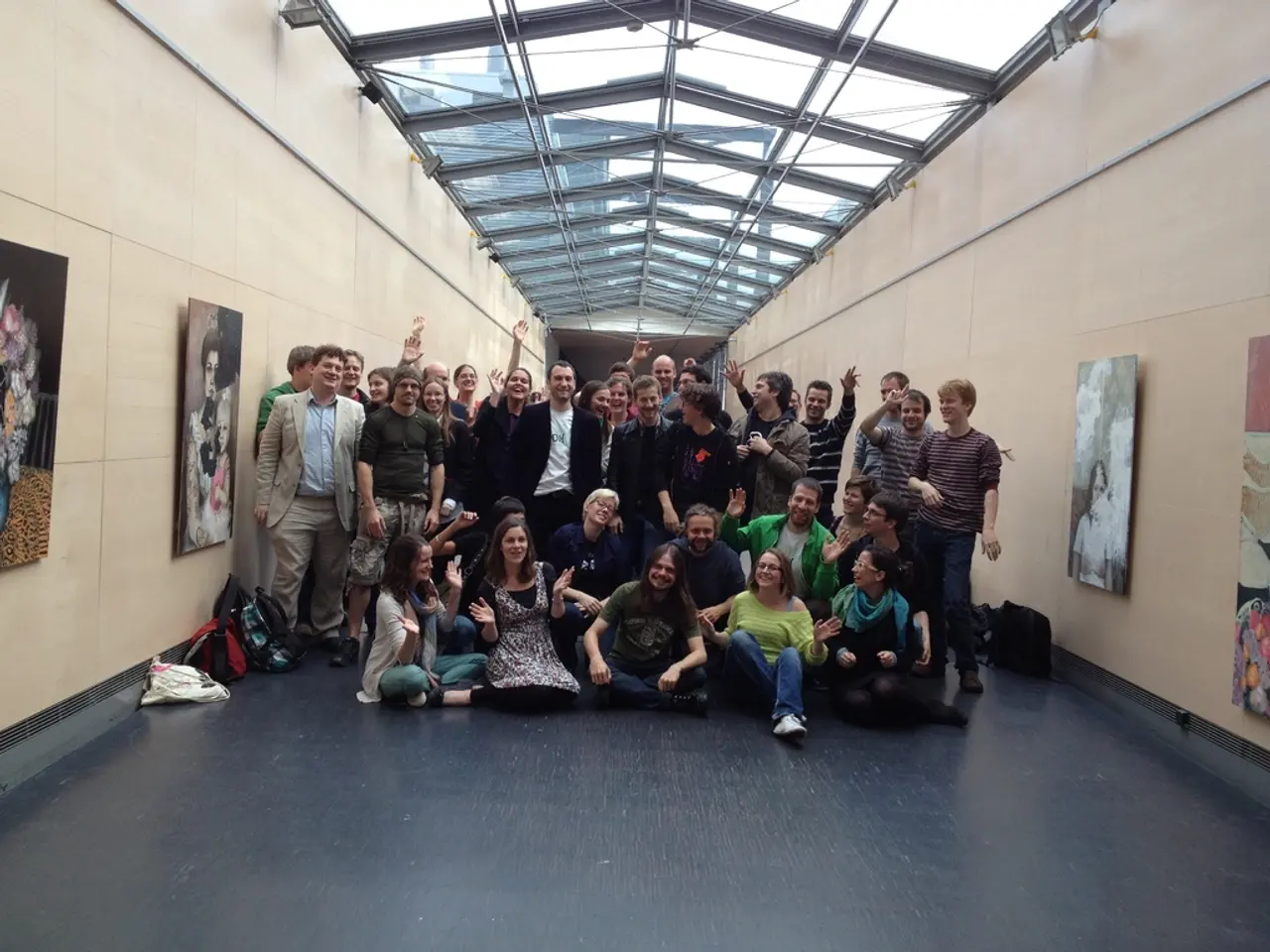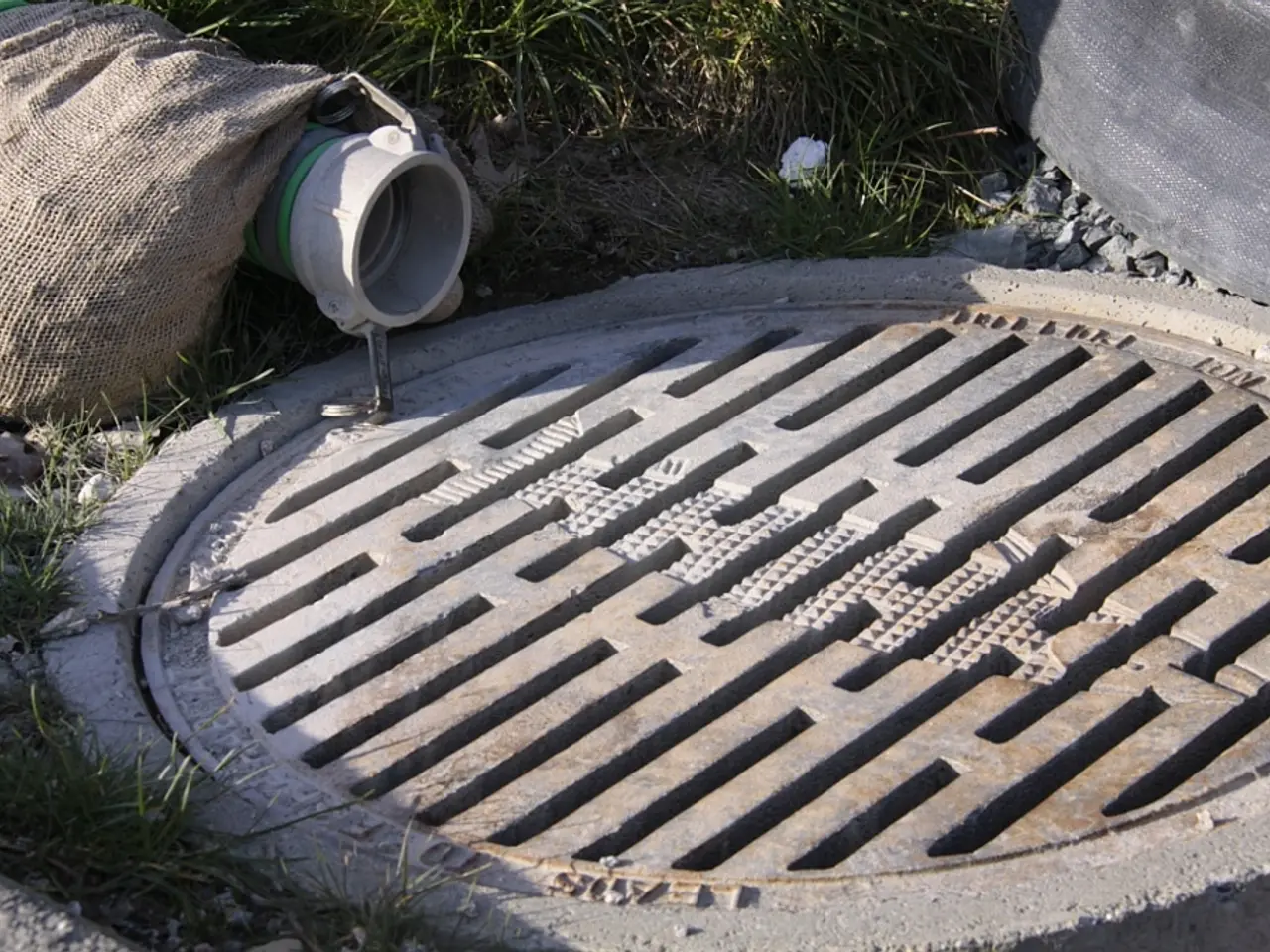Hamas insists on preserving their armament only after the establishment of an autonomous Palestinian state.
In the ongoing conflict between Israel and Hamas, negotiations for a lasting political solution remain deadlocked as of early August 2025. The impasse stems from opposing demands: Hamas insists on the establishment of an independent Palestinian state before disarmament, while Israel maintains that disarmament must occur before any progress can be made [1][2][3][4][5].
The war between the two parties began on October 7, 2023, when Hamas-led militants stormed into southern Israel. Since then, the conflict has claimed the lives of 1,200 people in Israel and resulted in 251 hostages being taken back to Gaza by Hamas-led militants [2]. The hostage situation has given Hamas significant leverage in the negotiations, with Israel's negotiation strategy reportedly collapsing amid talks [1].
Indirect negotiations aimed at securing a 60-day ceasefire in the Gaza war and deal for the release of hostages ended last week in a deadlock. Hamas has repeatedly stated that it is not willing to lay down its weaponry [6][7]. Israel considers the disarmament of Hamas a key condition for any deal to end the conflict [8].
The recent High-level International Conference at the UN supported steps towards a lasting political solution, including the immediate release of hostages and Hamas's disarmament. However, Hamas remains unwilling to disarm without political concessions [3][5]. Meanwhile, Israeli Prime Minister Benjamin Netanyahu has described any future independent Palestinian state as a platform to destroy Israel [9].
The devastation of Gaza from Israel's offensive and blockade has led several countries, including the UK and Canada, to announce plans to recognize a Palestinian state. Netanyahu has criticized these countries for their decision, calling it a reward for Hamas's conduct [10]. The Israeli military assault on Gaza has turned much of the enclave into a wasteland, killing over 60,000 Palestinians and setting off a humanitarian catastrophe [11].
In a surprising turn of events, Hamas endorsed a declaration by France and Saudi Arabia outlining steps toward a two-state solution to the Israeli-Palestinian conflict on Tuesday. The declaration, announced by Qatar, Egypt, France, and Saudi Arabia, states that Hamas must hand over its arms to the Western-backed Palestinian Authority [12]. However, Hamas has stated that it cannot yield its right to "armed resistance" unless an "independent, fully sovereign Palestinian state with Jerusalem as its capital" is established [13].
As ceasefire talks, mediated by Egypt, Qatar, and the US, have not advanced meaningfully, international bodies continue to call for Hamas's disarmament and the immediate release of hostages as prerequisites for a lasting political solution. The stalemate in negotiations leaves the future of the region uncertain, with both sides dug in and unwilling to compromise.
- The ongoing Israeli-Palestinian conflict has expanded beyond war-and-conflicts into political and business arenas, as stated demands and negotiation strategies dominate the general-news.
- In the midst of the hostage crisis and ongoing war, sports cancellations and economic sanctions have potentially become a part of international efforts to pressure Hamas and Israel for a political solution.
- Beyond its impact on the Middle East, this conflict has attracted the attention of the international community, making it headline news in business, sports, and news discourses worldwide.





